Working Together Against COVID-19 in Multifamily Housing
We must work together to mitigate—to reduce the harm, illness and deaths—that COVID-19 threatens to bring to our housing community. Our success depends on a coordinated effort where everyone works together: landlord/housing authority, management, custodians, social workers, and tenants.
Gossip & Bullying in the Time of COVID
Bonny Zeh, co-founder of the Stop Bullying Coalition, shares her observations and ideas. Updated 24 October—JH
Gossip and bullying not only target people in public and subsidized housing but also inhibit the essential collaboration needed to protect everyone from COVID. Gossip and bullying together are a contagious social disease that destroys trust and drives us apart from each other. Together, we can find a way to overcome these barriers so all of us can survive this plague.
- Read more about Gossip & Bullying in the Time of COVID
- Log in to post comments
The Little Red Hen Method for Fighting COVID
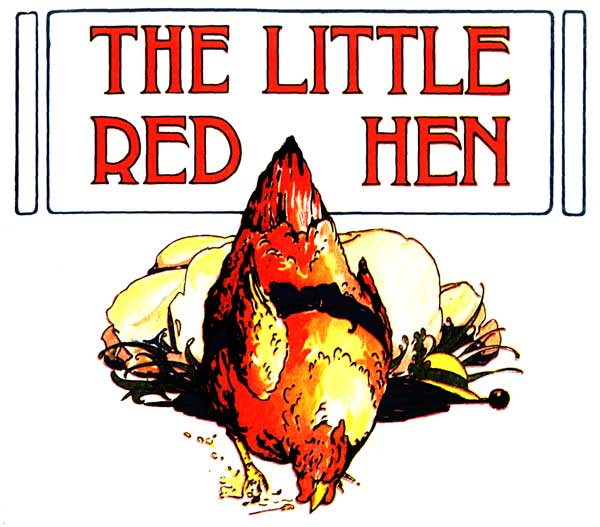
- Read more about The Little Red Hen Method for Fighting COVID
- Log in to post comments
Georgetown Housing Banishes COVID-19 and Bullying
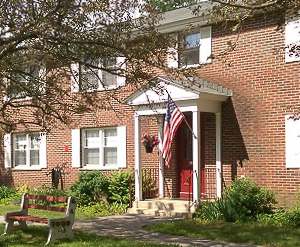
Public Housing in Georgetown: Trestle Way
Working together takes trust and solidarity. How is trust developed? What does it take for people to develop solidarity and community in a healthy way rather than toxic? I have examined situations that may help to understand these issues by comparing the healthy and the toxic, situations that exemplify the problem and/or a solution.
Here is the story of one public housing community, Trestle Way in Georgetown; the Director, Diane Drinan; and a generous town.
- Read more about Georgetown Housing Banishes COVID-19 and Bullying
- Log in to post comments
An Open Letter: Public Health Information to Protect Tenants
June 15, 2020
To the Honorable Chairs and Members of the Joint Committee on Public Health
S2753 An Act to Ensure the Collection of COVID-19 Data
Greetings,
Vulnerable But Vigilant
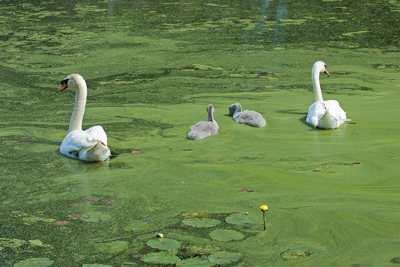
- Read more about Vulnerable But Vigilant
- Log in to post comments
Essential services for elderly & disabled
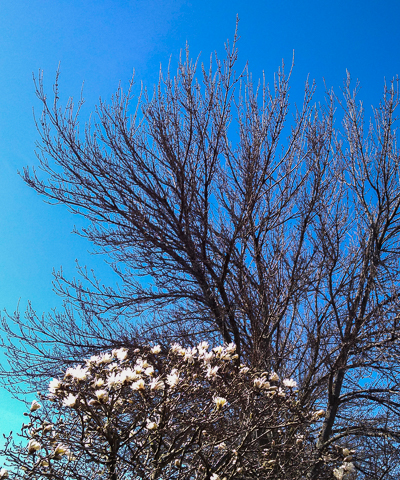
We seek your advice and your assistance for our people, the 92,000 residents of the Commonwealth who live in public and subsidized housing for elderly and disabled persons.
We are looking for people with experience who can share their ideas and skills in order to develop solutions to the problems arising from social distancing, specially for elderly and disabled in public or subsidized housing communities.
- Read more about Essential services for elderly & disabled
- Log in to post comments
How We, Elderly & Disabled, Will Survive & Thrive Despite COVID-19
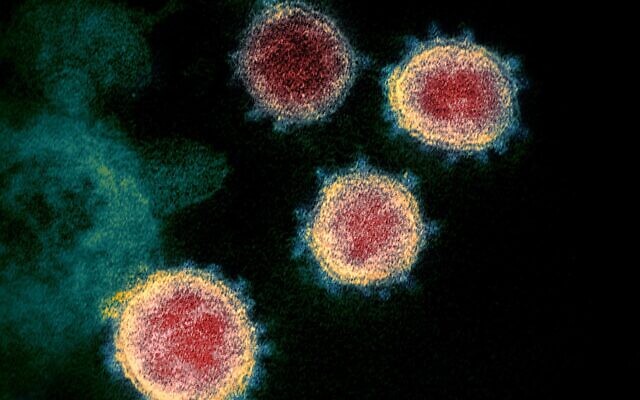
Hospitality, gentrification, and pride
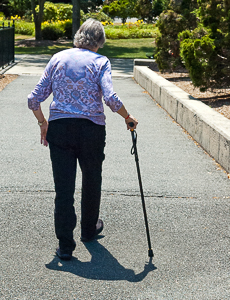
This is a story about generosity, hospitality, gentrification, and pride in Peabody.
V., a friend and neighbor, had at one time managed the Haven from Hunger, where anyone can be fed or get food for free. To make up for a lack of funding, V. had spent her own savings to provide food for the Haven. After she had moved away, I learned in a news story that she had become homeless, and was eating at the Haven from Hunger.
- Read more about Hospitality, gentrification, and pride
- Log in to post comments
Two Americas
- Read more about Two Americas
- Log in to post comments
